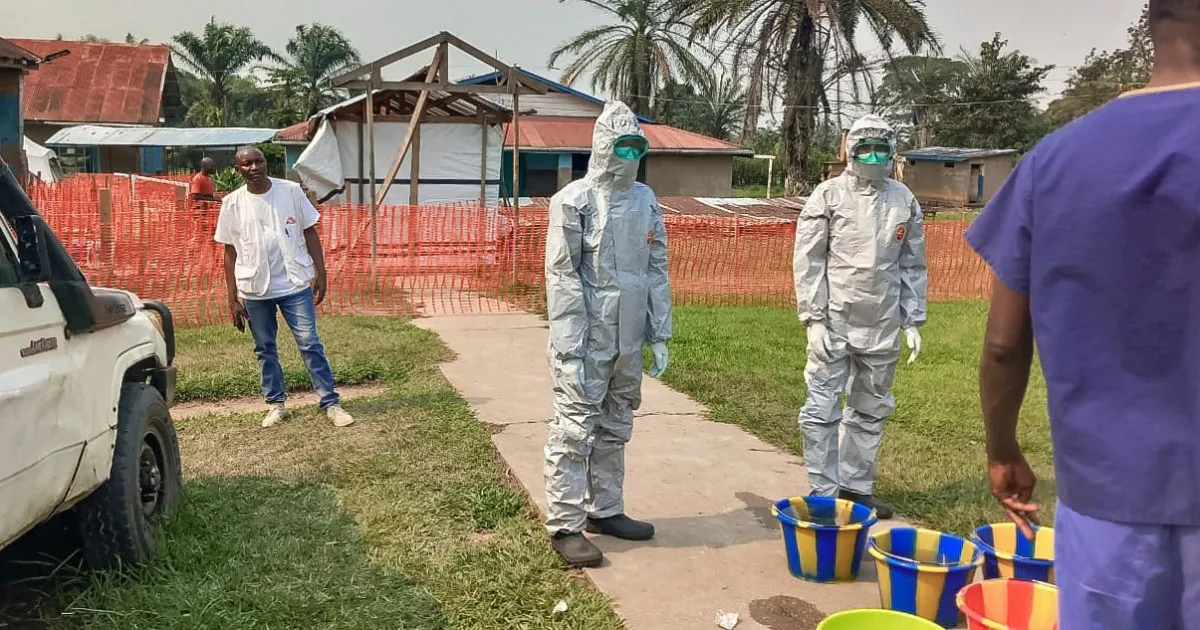
LAGOS, Nigeria — The World Health Organization (WHO) announced on Sunday that vaccination efforts have commenced for individuals exposed to the Ebola virus, as well as for front-line health workers in southern Kasai province. This initiative follows the declaration of an outbreak of the highly contagious disease in Bulape, a locality within Kasai, where at least 16 fatalities and 68 suspected cases have been reported, according to a briefing from the Africa Centers for Disease Control and Prevention.
So far, an initial batch of 400 doses of the Ervebo vaccine has been dispatched to the affected area, with additional doses expected to follow. However, the vaccination campaign faces significant challenges, including limited access to affected regions and a shortage of funding. The WHO has indicated that the vaccination operations are likely to scale up in the coming days, as the International Coordinating Group on Vaccine Provision has approved approximately 45,000 more vaccine doses. This newly approved supply will complement the existing stockpile of 2,000 doses that is already present in the country.
This latest outbreak marks the 16th occurrence of Ebola in the Democratic Republic of the Congo (DRC) since the disease was first identified in 1976. The outbreak is attributed to the Zaire species of the Ebola virus, which is named after the country’s former designation. The situation adds another layer of complexity for the DRC as it confronts ongoing conflicts with rebel groups, particularly in the eastern regions of the country. These conflicts have severely impacted the health care infrastructure, further complicating the response to the outbreak.
As the vaccination efforts ramp up and more doses become available, health authorities are hopeful that they can effectively contain this outbreak. The WHO continues to monitor the situation closely and provide support to local health workers on the front lines of this public health crisis. The importance of vaccination in preventing the spread of the Ebola virus cannot be overstated, and efforts are being made to ensure that those at risk receive timely protection.